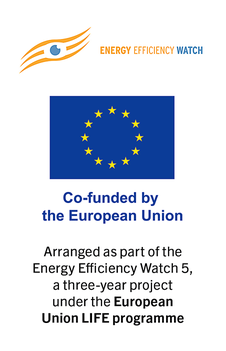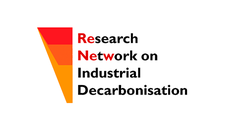Search eceee proceedings
Feasibility study of low-carbon ammonia and steel production in Europe
Panel: 6. Deep decarbonisation of industry
This is a peer-reviewed paper.
Authors:
Jean-Luc Hoxha, Belgium
Marc Philippart de Foy, Universisty of Liège, Belgium
Alexis Donceel, University of Liege, Belgium
Justin Fraselle, University of Liege, Belgium
Remi Poncelet, University of Liège, Belgium
Mathieu Caspar, University of Liège, Belgium
Gregoire Léonard, University of Liège, Belgium
Abstract
As stipulated in the Paris Agreement, greenhouse gas emissions have to be reduced in order to maintain the global warming well below 2°C. Moreover, the European Union committed to become carbon neutral by 2050. This will require shifting industrial production currently based on fossil energies towards the use of renewable energies. The present article considers two conceptual chemical processes that may operate in Europe with really low carbon emissions through the use of green hydrogen. The studied processes are projections of the production of ammonia and steel in the 2030s. Hydrogen is produced by water electrolysis with Proton Exchange Membrane electrolysers. It is assumed that the electricity required by the processes is entirely supplied from renewable energies. The objective of the present study is to show that it will be possible to design low-carbon emission processes in a close future. Based on current industrial sectors of both ammonia and steel productions, detailed modelling of the two decarbonised processes in Aspen Plus software are proposed. In order to prove the feasibility of these processes, an economic analysis is also presented.
Downloads
Download this paper as pdf: 6-134-20_Hoxha.pdf
Download this presentation as pdf: 6-134-20_Hoxha_pre.pdf














